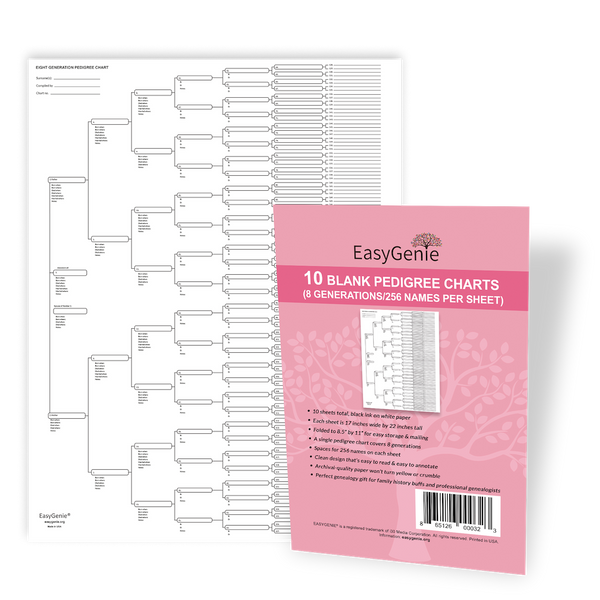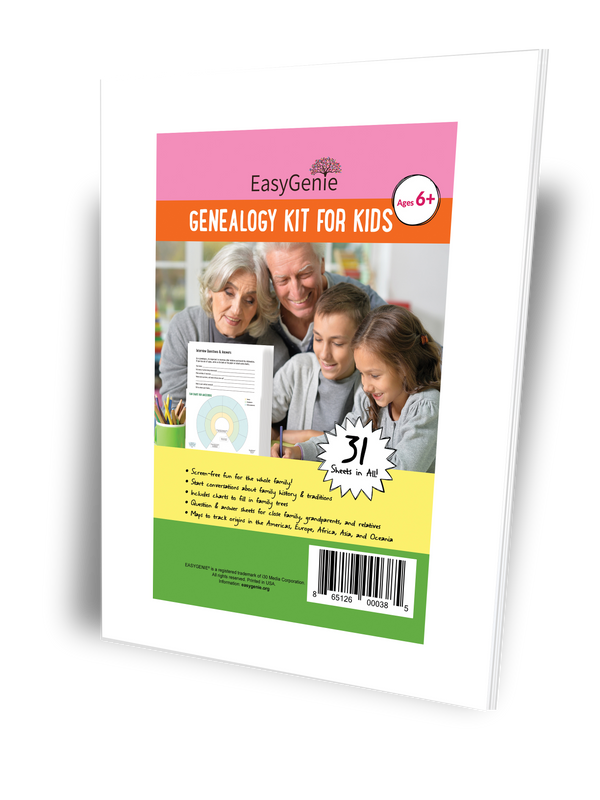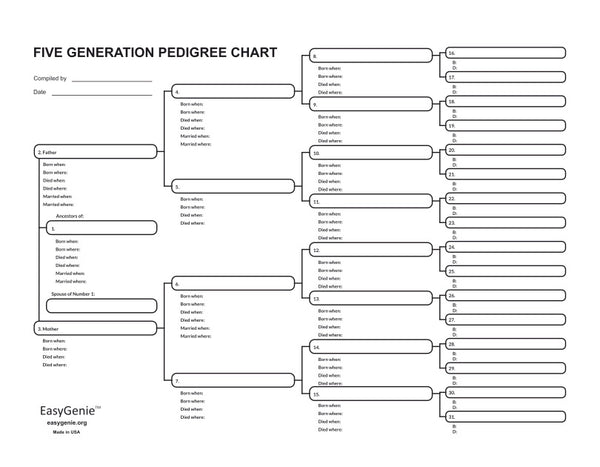
Molly's story: Remembering an ancestor who died in childbirth 100 years ago
Ian LamontOn the EasyGenie Instagram channel, we shared the story of an ancestor - Ian's great-grandmother Molly - who tragically died in childbirth 100 years ago. That's not too long in the historical view, but in medical terms 1922 was a different world. Women and their children were at high risk for death or injury during childbirth.
For a mother to die young under such circumstances was terrible. We don't have Molly's photo, but we do have a picture of her two oldest sons, probably taken a year or two before she died. We store a copy of the photo for our genealogy archives.

Molly likely arranged for the photo in a local photography studio, and dressed the boys up. She was proud of them and wanted them to look their very best. She loved them, and they loved her. The boys and their father must have been devastated on that spring day in 1922 when she didn't come home after going into labor.
Sadly, the family's experience was not uncommon. According to the U.S. Department of Health and Human Services, there were 607.9 maternal deaths per 100,000 live births in 1915.
It was even worse in earlier times. According to one historical study, the estimated death rate was 2,500 women for every 100,000 births in England in the late 1700s. In other words, for every 100 births, two or three women would not survive. Sepsis and other complications were common. Many births took place at home, or the family could not afford to see a doctor. The study noted:
"Obstetrics was held in contempt by professionally educated and registered physicians and apothecaries because of the immodesty and messiness of the work and the long hours involved."
Antibiotics, the use of forceps, more rigorous sterile techniques, better access to healthcare, and better training for midwives and doctors are among the many factors that contributed to a sharp drop in maternal death rates. The CDC reports that maternal death rates dropped to an average of 24 maternal deaths per 100,000 live births in 2020.
Even though Molly did not survive, her son Regis did. He never knew his mom, but grew up to serve his country in World War II, and worked in a grocery store and later co-owned a local inn.







